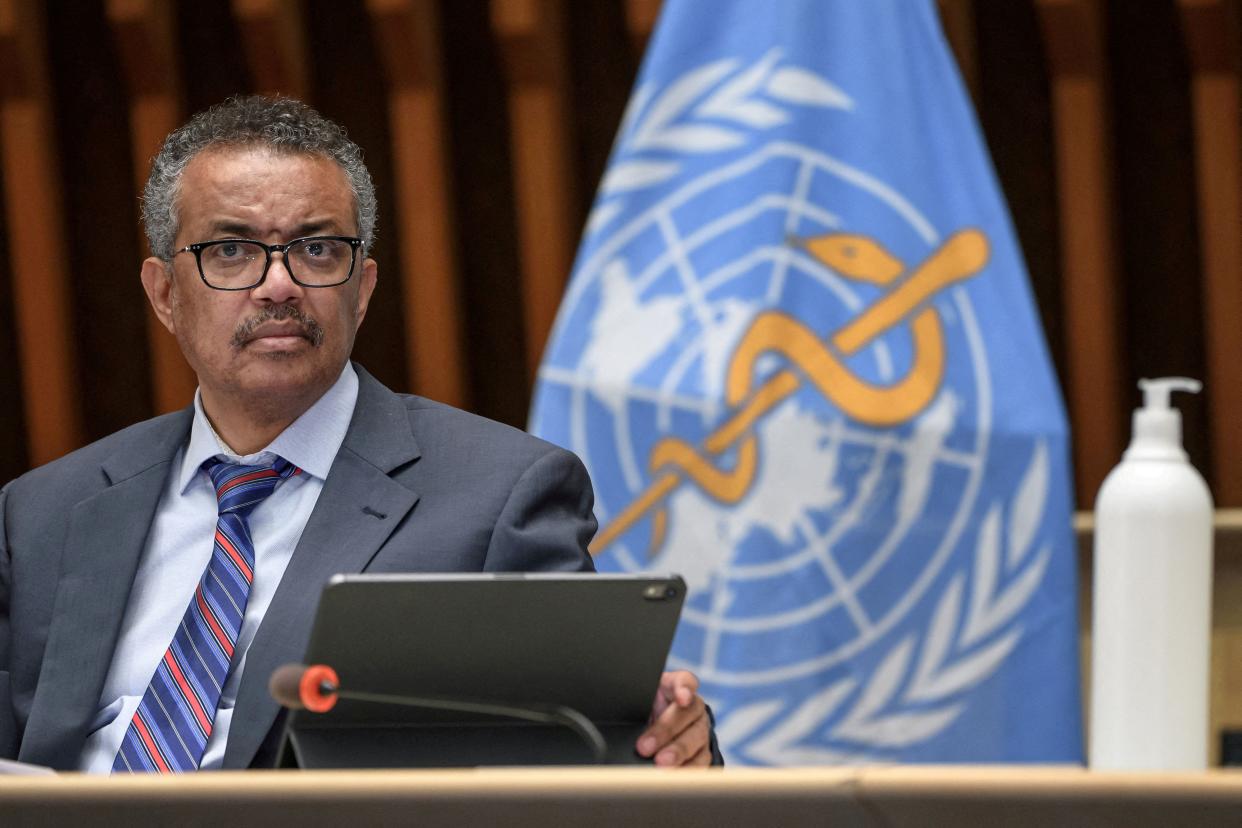The WHO’s failure to reach a pandemic agreement underscores a global health divide

- Oops!Something went wrong.Please try again later.
Insights from Politico, KFF, The New York Times, and The Diplomat
The News
The World Health Organization’s members have blown the deadline to reach an agreement on how to handle the next global pandemic after two years of negotiations failed to get consensus.
The draft treaty focused on closing the vaccine gap between the west and developing countries, and a “Pathogen Access and Benefit-Sharing System,” whereby countries would give the WHO samples and genetic sequences of potentially dangerous pathogens. In return, the WHO would contract vaccine manufacturers and provide participating nations with 20% of the vaccines they need.
Members disagreed on the fairness and cost of implementing the treaty.
The World Health Assembly (WHA) now must try to find a path forward at its annual meeting in Geneva on Monday.
SIGNALS
US and UK lawmakers are protective of intellectual property
In the United States, GOP lawmakers urged President Joe Biden to reject the treaty, as the mandates on technology and resource sharing amount to “shredding intellectual property rights” and “supercharging the WHO.” British politicians similarly alleged the WHO would infringe on national sovereignty if it had the power to enforce lockdowns and control vaccine stocks.However, the treaty would not alter the balance of power between the WHO and any given member state, as the WHO’s role is “to provide a forum for the negotiations held by member states themselves” and there is no penalty for refusing its guidance, policy and health news non-profit KFF.
Pandemic treaty pitched as way to end “vaccine apartheid”
WHO Director-General Tedros Adhanom Ghebreyesus has repeatedly urged the world to resolve its “vaccine apartheid,” meaning the inequitable distribution of vaccines is due to a lack of sharing, “so the solution is more sharing.” Researchers found that as few as 50% of people in the Western Pacific and Africa received a first COVID-19 shot and that less than half of them received an mRNA vaccine due to a lack of availability. Meanwhile, Western governments signed bilateral deals with pharmaceutical companies that gave them the best supplies. In turn, the treaty would “facilitate a more equitable response to pandemics,” a senior policy adviser from NGO Health Action International told Politico.
Possible Trump White House return looms over US-WHO relationship
“Donald Trump is in the room,” the director of the WHO Center on Global Health Law told The New York Times on Friday, noting that a Trump election could “torpedo the negotiations,” and the former president previously signaled he would withdraw the US from the WHO. But some public health advocates also criticized the Biden administration’s “contradiction” and “hypocrisy” as it boosts efforts to negotiate drug prices down for Medicare but rejects loosening drug patent restrictions under the proposed WHO plan. “The Biden administration is willing to push the envelope, but they’re not willing to break the business model,” the director of the O’Neill Institute for National and Global Health Law at Georgetown University told Politico.

